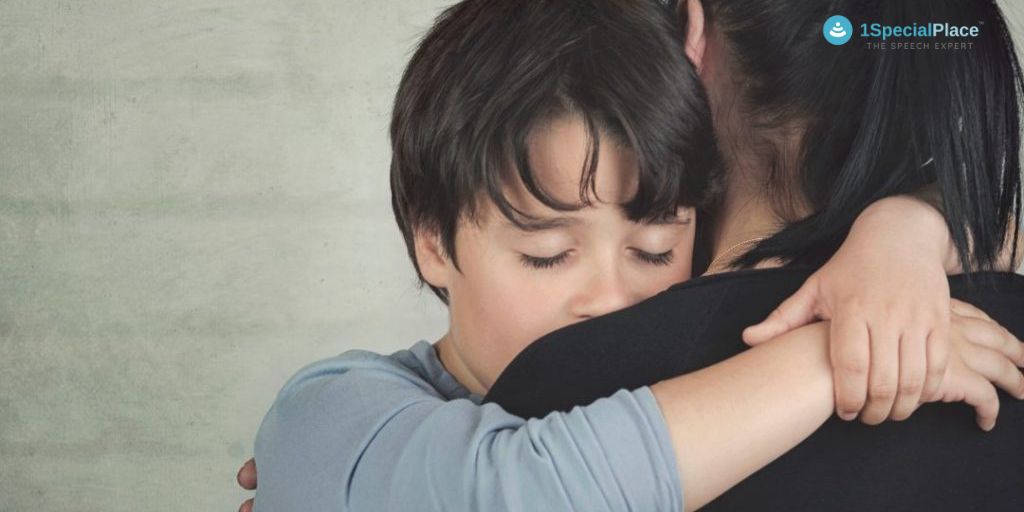
Grief in children
Grief in children
Grief in children Pandemic has brought our lives to stand still in many ways and yet we are expected to carry on and adapt to these changes. One particular population that has silently been suffering is our dear children who saw an extreme change in their lives and put up a brave face. They no longer have the privilege of going to schools, interacting with teachers, and playing with friends during recess or in the evening at parks. No more dance classes, no more activities with peers.
The emotional and psychological impact on kids is yet to be researched as its taking place in real-time. While battling this change, the second wave also brought upon the loss of dear ones including grandparents, uncles, aunts, and neighbors. This has added to the woes of parents and not just children. It can be tricky to talk to your kids about death and grief but it’s a conversation that needs to be had to help them navigate this feeling.
Identify signs of grief in children
- Asking questions about Death and life after death
- Wanting to sleep in bed with a parent
- Lack of concentration and energy
- Lack of emotion or Emotional outbursts
- Difficulty in sleeping and eating
- Withdrawing from social interactions
Read a blog on benifit on speech therapy online
Helping kids cope-up with grief
Be honest and use words like ‘died’ and passed away to explain the concept of death.
Talking about death can be an awkward conversation for the parent but you’ll be surprised by how much kids know and the questions that follow. It’s always better to be clear and concise when talking about death. Explaining to them about the cycle of life is better than coming up with something that will make them feel hazed and confused.
-
Create an open environment for them to ask questions
Be patient and allow your child to ask questions about death and dying. Answer the questions calmly and respond with comfort and assurance. It is natural for them to be curious and look towards the adults for the answers. Its also possible that even after answering their questions, they may ask you about it again. Be patient and answer appropriately.
-
Express your grief openly
As adults, we often shy away from expressing our emotions (especially the negative ones) in front of the kids. It’s okay for your child to see you cry or feel sad. Avoid hiding your emotions from them. Seeing you cry will help the child understand the process of grief and make them prepared for future episodes where you may feel like crying again. Normalize expressing grief so they can express it healthily.
-
Ask for help
When you feel like you are struggling to answer the questions or having a hard time grieving yourself, feel free to seek professional help or the help of another adult to answer these questions. It’s okay to not know the answers at times.
-
Keep the hope alive
Talk about moving on even after someone dies. Keep the hope of living on as we lose people we love. It will help your child feel safe and understand that death will not change their lives forever. Using statements like, ‘We are going to be okay’ will reassure your kid as well.
If you wish to know more about Speech Therapy, kindly contact us
- Effects of Psychotherapy on Parental Stress - November 21, 2023
- Couple’s Therapy: Navigating marital issues as a parent - June 9, 2023
- Talk Therapy for stuttering - May 31, 2023

Leave a Comment
(0 Comments)